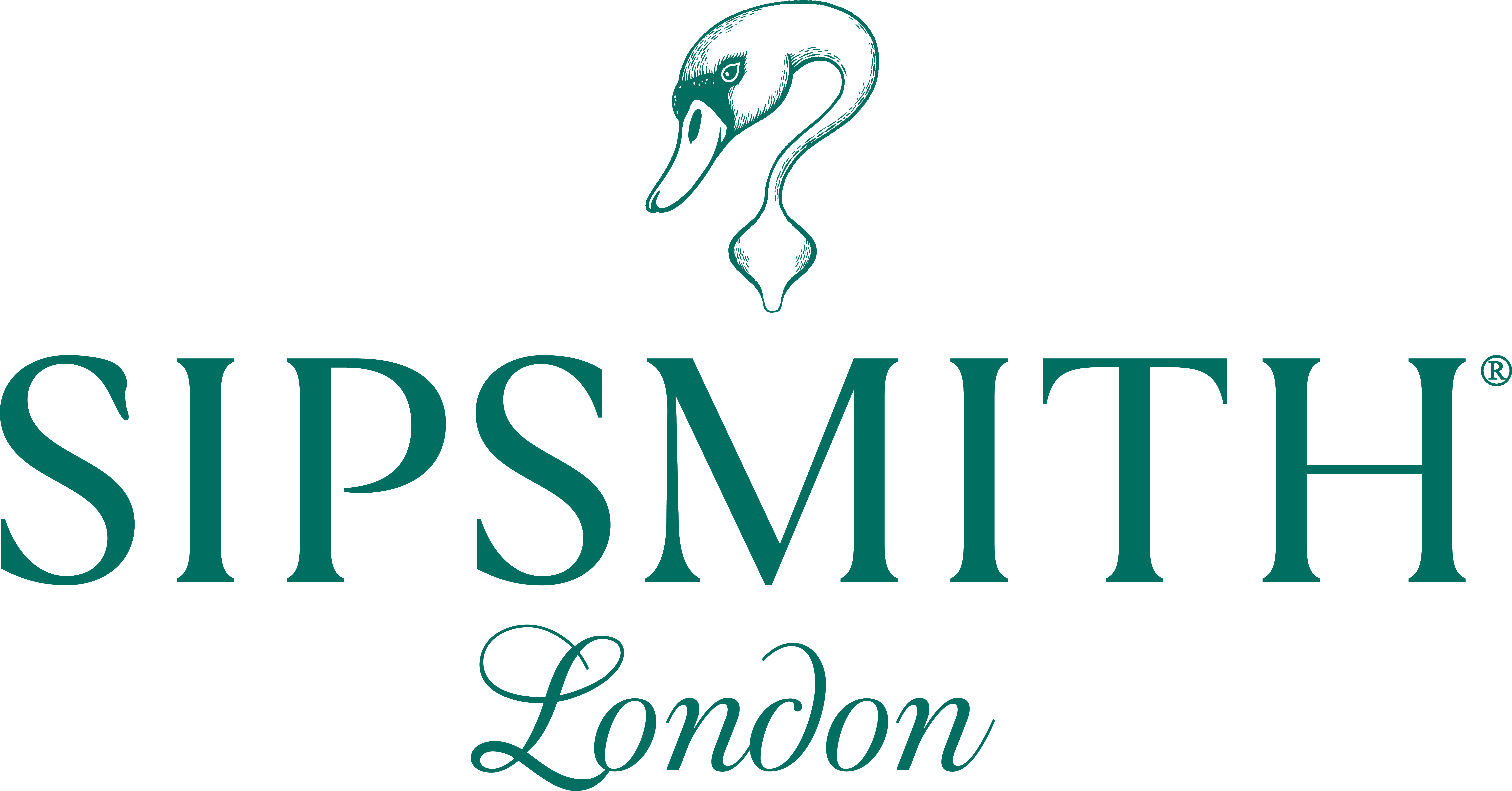

Sipsmith

London Borough of Hounslow, United Kingdom
May 2021
Beverages
Manufacturing
United Kingdom
Sipsmith believe although taking shortcuts might be crafty, doing things properly, that’s craft. It all began in 2009 in a tiny workshop in London. Three great friends – Sam, Fairfax and Jared – set up London’s first traditional copper pot distillery in nearly 200 years. Their mission was simple: to bring London Dry Gin of truly uncompromising quality and character back to the city where it first earned its name. Every bottle is made by hand and in small batches, driven by the belief that this is the only way to craft spirits of such high quality. Their set of core values have been defined by the Sipsmith family, the people who make Sipsmith what it is today. As well as capturing their commitment to uncompromising quality, their values also capture their commitment to becoming a force for good in the world. Sipsmith’s no-half-measures approach and desire to leave a legacy will fuel them forward on this exciting journey to now craft a better future for people and the planet too.
Overall B Impact Score
Governance 15.1
Governance evaluates a company's overall mission, engagement around its social/environmental impact, ethics, and transparency. This section also evaluates the ability of a company to protect their mission and formally consider stakeholders in decision making through their corporate structure (e.g. benefit corporation) or corporate governing documents.
What is this? A company with an Impact Business Model is intentionally designed to create a specific positive outcome for one of its stakeholders - such as workers, community, environment, or customers.
Workers 30.1
Workers evaluates a company’s contributions to its employees’ financial security, health & safety, wellness, career development, and engagement & satisfaction. In addition, this section recognizes business models designed to benefit workers, such as companies that are at least 40% owned by non-executive employees and those that have workforce development programs to support individuals with barriers to employment.
Community 18.7
Community evaluates a company’s engagement with and impact on the communities in which it operates, hires from, and sources from. Topics include diversity, equity & inclusion, economic impact, civic engagement, charitable giving, and supply chain management. In addition, this section recognizes business models that are designed to address specific community-oriented problems, such as poverty alleviation through fair trade sourcing or distribution via microenterprises, producer cooperative models, locally focused economic development, and formal charitable giving commitments.
Environment 24.8
Environment evaluates a company’s overall environmental management practices as well as its impact on the air, climate, water, land, and biodiversity. This includes the direct impact of a company’s operations and, when applicable its supply chain and distribution channels. This section also recognizes companies with environmentally innovative production processes and those that sell products or services that have a positive environmental impact. Some examples might include products and services that create renewable energy, reduce consumption or waste, conserve land or wildlife, provide less toxic alternatives to the market, or educate people about environmental problems.
Customers 3.5
Customers evaluates a company’s stewardship of its customers through the quality of its products and services, ethical marketing, data privacy and security, and feedback channels. In addition, this section recognizes products or services that are designed to address a particular social problem for or through its customers, such as health or educational products, arts & media products, serving underserved customers/clients, and services that improve the social impact of other businesses or organizations.